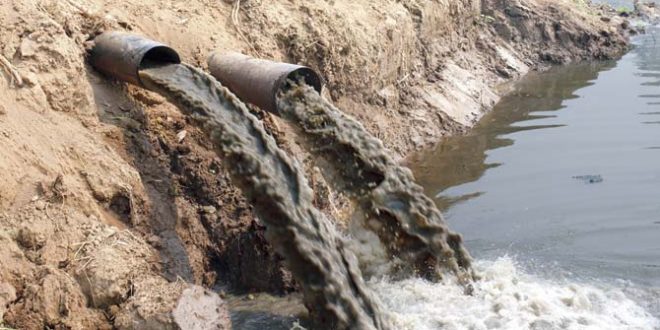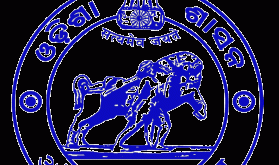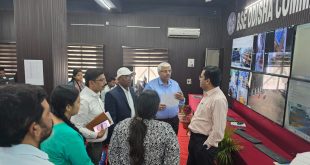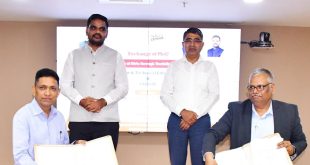BHUBANESWAR: National Human Rights Commission (NHRC) has sought an action taken report (ATR) from Odisha chief secretary and Odisha State Pollution Control Board (OSPCB) chairman over pollution of rivers by industries.
Hearing a complaint filed by rights campaigner Subash Mohapatra, who alleged that the water of Brahmani, Kharashrota and Gandanal rivers is being polluted due to the release of effluents from industries, the NHRC sought action taken report within four weeks.
“The pollution in Brahmani, Kharashrota and Gandanal rivers has gone up with the presence of toxic cyanide and phenolic compounds in water samples witnessing a steep rise. This has been confirmed by the tests conducted in the central laboratory of the SPCB itself. Scientists urged SPCB members to take immediate measures to reduce pollution level in these rivers to ensure that lives of people and animals dependent on rivers are not affected,” Mohapatra pleaded in the petition.
“SPCB badly failed to take appropriate measures as per law to reduce toxic compounds in water bodies. Industries including Nilachal Ispat, which are primarily responsible for high pollution level, have been asked to pile waste materials in a pond instead of releasing them into water bodies. No monitoring mechanism available for checking water quality on downstream of Kharashrota and other rivers”, he further alleged.
Regional members of SPCB and a team of scientists at the central laboratory had collected water samples from seven places of Brahmani, Kharashrota and Gandanala December 29. The samples were tested on December 31 and a report in this connection published on January 16. According to scientists, 0.005 mg cyanide and phenolic compound in a liter of water can be adjustable. However, the toxic content is around ten times higher than it.
Central laboratory scientists confirmed the release of effluents from industries like BRPL, Nilachal Ispat, Jindal Stainless Steel and Mesco into Kharashrota and Brahmani through Gandanala is the reason behind high toxic content in river waters. The industrial wastes are released into Gandanala through a nullah in Bengapatia village in the district. Waste material of Tata Steel and other industries in the locality is also drained into Gandanala and Kharasrota aggravating their toxicity, he alleged.
Kalinganagar Development Authority (KNDA), who is responsible for preparation of a long-term action plan to check pollution in Gandanala and other rivers, remain silent over the matter. The SPCB, on August 10, 2014, had written a letter to KNDA. However, KNDA allegedly is sitting on the letter for 16 months now. Again, the SPCB in its letter November 12, 2015, had directed KNDA again to prepare a detailed report on the pollution of Gandanala. However, the online monitoring system has not been installed at the prescribed places.
Mohapatra contended, “Unfortunately, the violation of environmental and human rights law by industries have threatened life and livelihood of rural villagers. They are continually violating and the state authorities, whose responsibilities are to protect the life and livelihood the people, are found to be negligent and in some cases played with the business houses having unholy nexus and extraneous consideration”.
In his plea, Mohapatra has sought the intervention of the apex rights panel for the adoption of policy and practice measures in India to ensure effective implementation of UN Guiding Principles on Business and Human Rights (UNGPs), which sets a global standard for addressing threats to human rights caused by business activities.
a
 Update Odisha-Latest Odisha News I Breaking News Get latest news on Odisha, Govt. Jobs, OSSC, OPSC, Entertainment, Crime, Sports, and Education
Update Odisha-Latest Odisha News I Breaking News Get latest news on Odisha, Govt. Jobs, OSSC, OPSC, Entertainment, Crime, Sports, and Education



